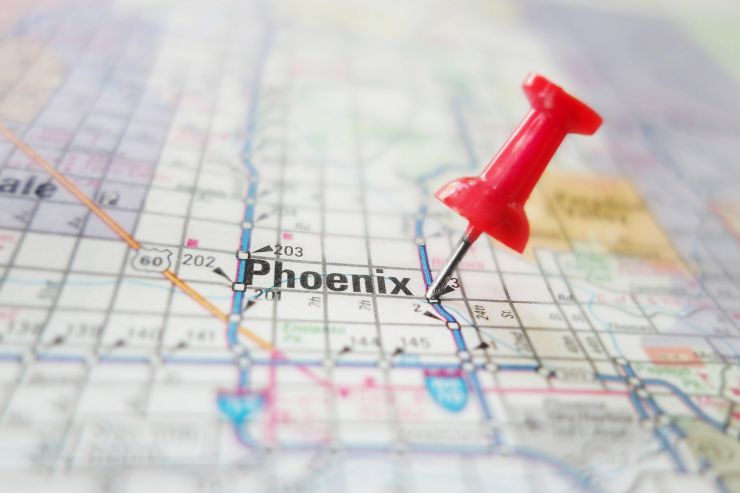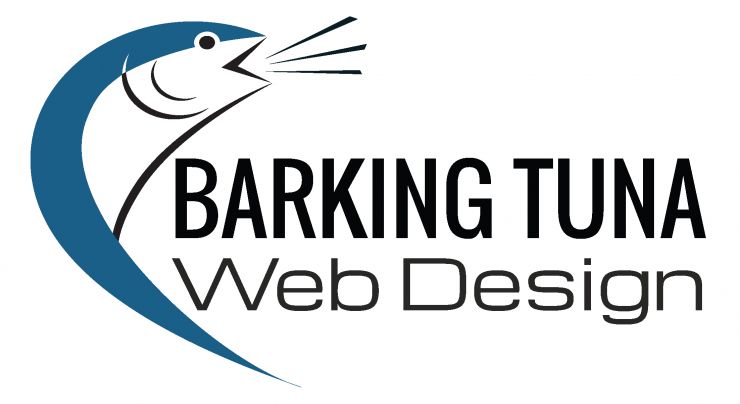Topics
It's hard to stay on top of all the changes much less sift through fact vs. fiction when it comes to what we "hear" about local listings and citations. If you operate a brick and mortar business that relies heavily on local and proximity based customers, your local listings and citations across multiple platforms are critical to your business. Here are some excerpts from yet another great post on Moz on April 19th by Joy Hawkins (The 9 Most Common Local SEO Myths, Dispelled).

1. Deleting duplicate listings doesn't actually remove them from Google... it just reverts back to "unverified" status.
So sayeth Google (Help Center Article)
Local pages
Local pages can follow the steps below to delete a page. When you delete a local page, the corresponding listing will be unverified and you will no longer be able to manage it. Google may still retain business information from the page and may continue to show information about the business on Maps, Search, and other Google properties, including marking the business as permanently closed, moved, or open, depending on the information that’s known about the business.
Closed or moved businesses
If your business is permanently closing, make sure to mark it as permanently closed before deleting the page.
If the business is moving, simply update the address of the business in the Google My Business dashboard rather than deleting it. You’ll save all of your reviews.
Brand pages
Deleting a brand page will remove all of its content.
How to delete your page
To delete a page:
- Log in to Google My Business and choose the page you’d like to manage.
- Place your cursor in the top left corner. Click My Business > Settings.
- Scroll to the bottom of the page, and choose Delete page.
- You may be asked to sign in again. If so, sign in, and continue with the following steps.
- Check all 4 of the boxes, including Yes, I want to delete my account. Only the page you want to delete, not your personal account, will be deleted.
- Click Delete. The page will be removed from your account.
2. Your business won't rank if you fail to claim your listing
This just simply isn't the case. There are myriad articles that that dispel this, but that doesn't stop the urgent and dishonest emails and letters that people send attempting to milk money for things you can do on your own. It is often the case that your business ranks exactly the same whether you've claimed the listing or not, but you should always err on the side of caution and control you listings and information whenever possible.
Moz's Local Search Ranking Factors list does mention this as a factor that can make a ranking impact, but only because an unverified listing has basic information and most businesses add more information like categories, open times etc. which will enhance the content a bit. However, this is NOT necessarily going to give you a massive advantage over an unverified listing.
3. I'm a Professional/Practitioner... are my multiple listings considered duplicates by Google?
Google takes it upon itself make decisions in some cases that might be counter to what a business owner wants. In cases where an owner finds what they consider to be a conflict, Google has 2 scenarios where they will accommodate them and delete the duplicate:
- The professional listed is NOT the public-facing individual like a named attorney or doctor, and is support staff.
- There is only one public-facing professional at the business. This could be a sole-practitioner (Solo Practitioner) attorney or doctor. Use the following Guidelines to format the listing per Google.
If a professional in the listing has moved, retired, or has otherwise severed their relationship with the business, you can update it to "moved" status. This removes it from public view but not in Google's archive. If the professional is with another company, simply have them claim and update the listing with the correct information.
4. Google+ posts improve ranking
Google+ posts are virtually invisible unless someone actively seeks your business out by name. Phil Rozek with LocalVisibilitySystem.com comments on this:
“It’s nearly impossible for people to see your Google+ posts unless they search for your business by name. Google doesn’t include a link to your 'Plus' page in the local pack. Google doesn’t even call it a 'Plus' page anymore. Do you still believe being active on Google+ is a local ranking factor
5. "Maps" and "Organic" SEO can be worked on separately
It is generally considered to your detriment to consider Maps and Organic SEO as separate. What you do on your website can greatly impact your Maps listing despite what we're told. You often see the majority of listings that rank in Maps ranking organically as well. The short of it is that this is not by coincidence... they are directly connected in most cases and you need to make sure that your website's local signals are strong and consistent with your local listings and maps. You need to make good use of microformatting and schemas to help Google find those signals.
6. Google Employees' public comments should be taken as fact and followed in every circumstance
Come on... yes, they give good advice but it's naive to think they'd give you the keys to the Kingdom and tell the whole world how to game their system. They have no reason to leak proprietary information and in fact, have every reason NOT to.
Here are some recent examples of advice given from Google employees that should be ignored:
- Duplicate listings will fix themselves over time.
- Posting on Google+ will help your ranking (advice given from phone support reps).
- If you want to rank well in the 3-pack, just alter your business description.
Do your homework and read industry surveys from active professionals. A great place to get tested data is in the annual Local Search Ranking Factors from MOZ. It touches on every scenario and aggregates some highly specific and relevant data from industry leaders.
7. Setting a large service area gives you an advantage
Nope... not even close. It won't likely help at all and in some cases, it does the opposite because you're effectively diluting your presence by adding more competition. Google Local/Maps will generally speaking base the results off of proximity to your physical address and if you're the only game in town for 100 miles, you have a good shot, but such is not usually the case in larger metro areas with lots of competition.
8. When I relocate a business, I should mark the previous location as "Closed"
Instead of summarizing... I'll just let Joy's words ring on this one:
The Google My Business & Google MapMaker rules don’t agree on this one. Anyone on the Google MapMaker side would tell a business to mark a listing as "closed" when they move. This will cause a business listing to have a big, ugly, red "permanently closed" label when anyone searches your business name.
If your listing is verified through Google My Business, all you need to do is edit the address inside your dashboard when you move. If there's an unverified duplicate listing that exists at your old address, you want to make sure you get it marked as "Moved."
9. Whatever is in my GMB dashboard is what Google uses in my listing
Once again.... not entirely true. Google scrapes data from all sorts of sources, citations, Google Maps input, and other listings/3rd party sources and often updates verified listings with their own version of information. Owner inputted data is just one of those sources. If the information is incorrect on your website, it can potentially cause a nightmare with your listings as seen in the following cases study.
A recent case I’ve seen is one where Google repeatedly updated an owner-verified listing with incorrect business hours due to not being able to properly read the business hours listed on their website.
Know of any other "Myths" that others should know about... send it our way and we'll add to this list!
